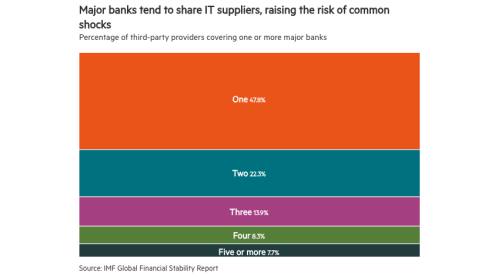Since the financial crisis, regulators have worked hard to restore trust in the financial system: guiding financial institutions towards prudent operations, enforcing the rules more strictly and passing more control over their data back to the customer. More oversight on risk management and greater capital requirements have been implemented to lower systemic risk in case of a downturn. Taxpayers are not keen to bail out banks again.
Over the past 10 years, banks have globally paid a total of $372bn in fines, with the biggest spikes in 2012 to 2014, according to Boston Consulting Group (BCG) data. The most frequent offences involve mortgage-related misconduct in the US, money-laundering and interbank offered rate-related market manipulation across regions. US banks contributed $226bn or 61% of the total paid since 2009. Despite European institutions paying $145bn, or the remaining 39% of the fines, only 6% of these funds have gone to European regulators. North American regulators in contrast have raked in 57% of the fines paid, with the remaining 37% going directly to customers.
North American banks usually contribute more than European ones to the penalty pool each year. However, 2018 was the first time fines paid by European banks far outstripped them, contributing $20.1bn, compared with $6.5bn out of North America. European regulators have stepped up their game in terms of enforcement, which will likely lead to them receiving a greater share of the global bank penalty pool going forward.







